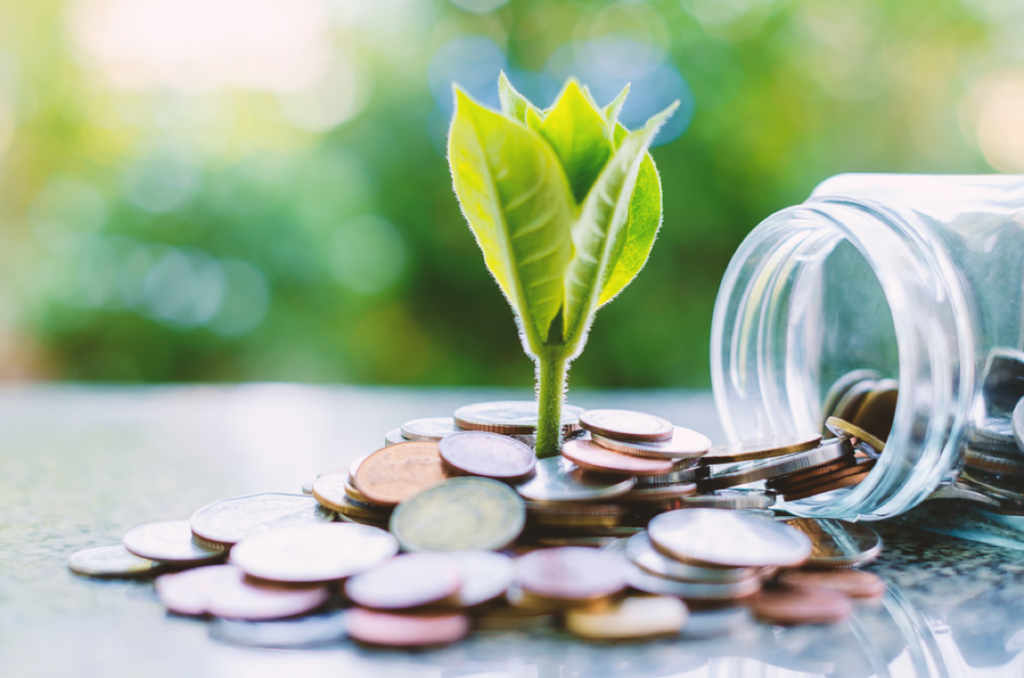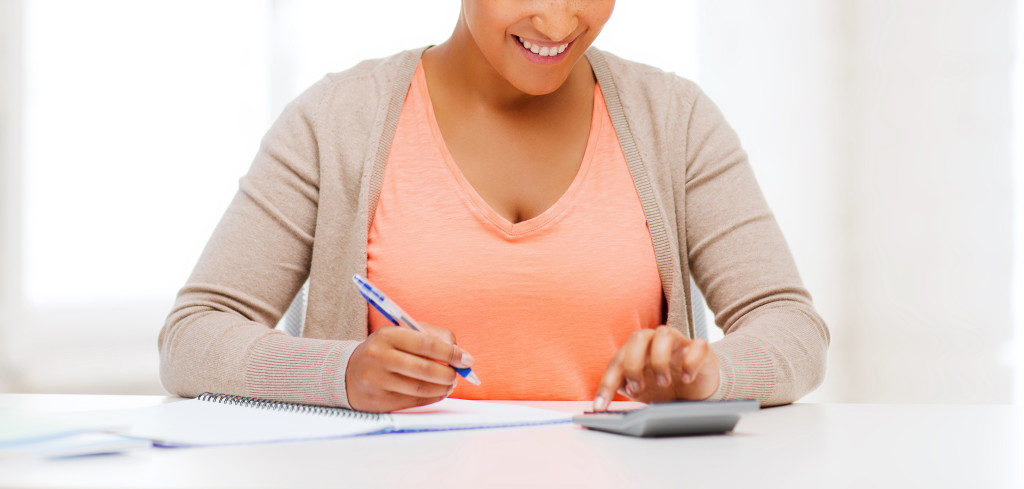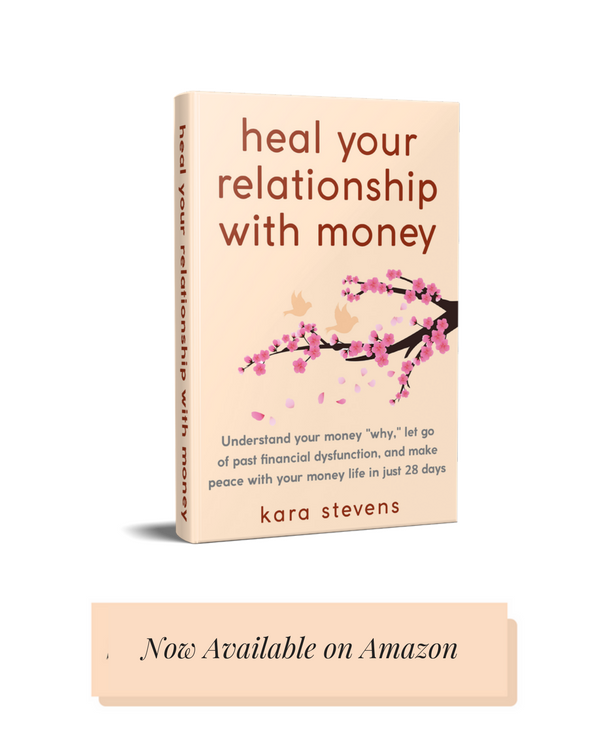
Emergencies are an inevitable part of life. Whether it’s your car, your health, or your home, emergencies can be scary and costly.
There’s good news, though: An emergency fund can help you offset the cost and stress of the unexpected tremendously. All you need to do is a little bit of prep work.
Regardless of your age or occupation, a major part of financial responsibility is setting up an emergency fund. Doing so will help you avoid racking up high-interest debt that could cost you tens of thousands in the long run.
Creating a major savings account can seem intimidating, but we want to help. Here’s a look at what it takes to set up an emergency fund, how much you should put in it, and when you should — and shouldn’t — dip into it.
Why you need an emergency fund
You likely have a credit card in your wallet, but there’s one good reason why you shouldn’t rely on that card for emergencies: Interest.
Let’s say your car breaks down and you need to replace the engine. Putting $4,000 down on a credit card with an average interest rate of 21.21% will result in $432 of interest charges over 12 months. And that doesn’t include late payment fees.
Or what if you learn your home’s foundation has a crack in it and needs to be repaired? That could cost up to $15,000. And if you put that on the same credit card and pay it off over two years, your total bill comes out to around $18,215.
Having an emergency fund set aside for moments like this takes the emotional and financial stress out of handling life’s little curveballs.
How to set up an emergency fund
Now that you know why you need an emergency fund, let’s talk about how to set one up.
Start by revisiting — or creating — your monthly budget. Factor in a small amount of money to be set aside each month that goes into an emergency savings fund.
Cash is fine, but a savings account is your safest bet. Just make sure this account is easily accessible, or that money can be immediately transferred into your checking account so you can pay upfront for unanticipated bills. Ask your preferred financial institution if they offer any high-yield savings accounts that would allow your money to grow over time.
Every few months or so, try to increase your savings deposits — even if it’s just by $20, it will make a huge difference in your overall savings.
How much money should you have in an emergency fund
There’s no one right amount you should have in your emergency fund — it’s based more on your lifestyle, location, and family size.
Ideally, you should have between three and six months’ worth of living expenses tucked away. On the off chance, you lose your job or can’t work, this will allow you to pay for food, shelter and other necessities until you have a steady income again.
This is not an easy feat to accomplish, but consistency is key. Along with the monthly contributions we discussed, try to put any extra or unexpected income into your fund.
When should you use an emergency fund?
The most important thing to remember about your emergency fund is that it isn’t for snacks after a late night out or concert tickets to see your favorite band. It’sThis is for emergencies only.
You should use it for unexpected costs associated with your basic life necessities.
Here are a few instances you should use your emergency fund for:
- You or a family member incur unexpected medical expenses. You should budget for the basic medical expenses, like recurring prescriptions and annual dental checkups, but emergency surgeries or ER visits can — and should come out of your emergency fund.
- Your car breaks down.
If you get a flat tire or your engine dies, your emergency fund can cover that. If your vehicle is totaled or repairs would cost more than it’s worth, consider putting all or part of your emergency fund toward a new one. - Your home floods. This is another instance where building an emergency fund could help you react quickly and wisely to the unexpected.
All of this is to say that your emergency fund should be used to keep you out of crushing debt. If you need to use it to pay a bill here and there, that’s fine. But Try to pay yourself back, though, so you always have a cash cushion to fall back on.
If you have any questions or need help setting up an emergency fund, contact your preferred financial institution today.











